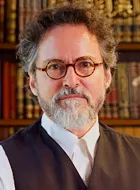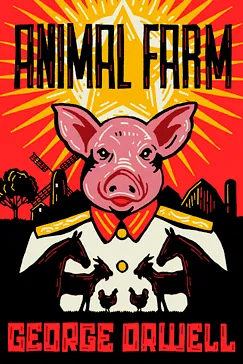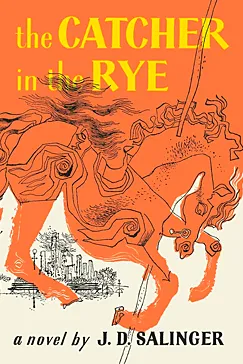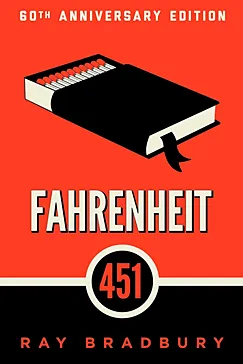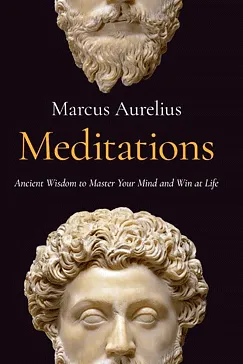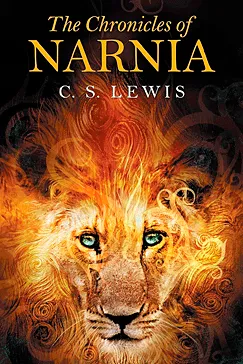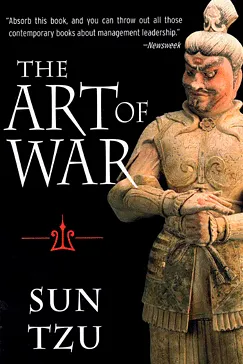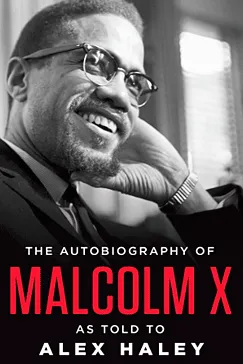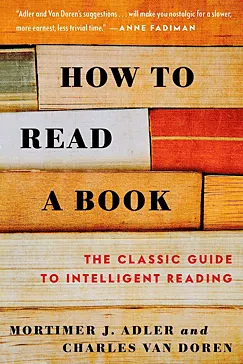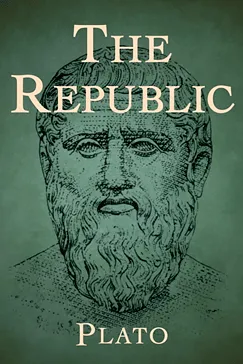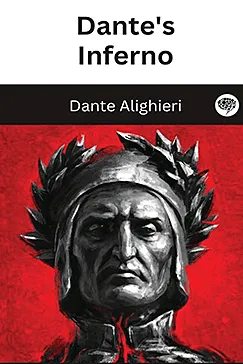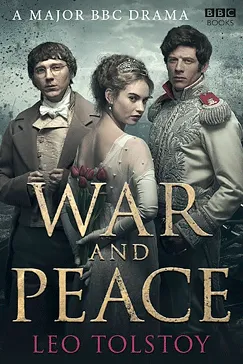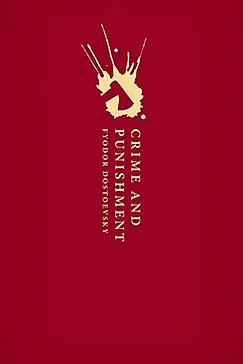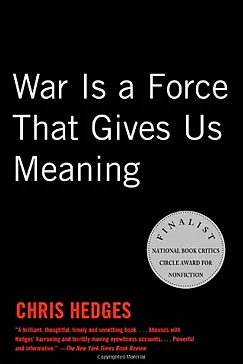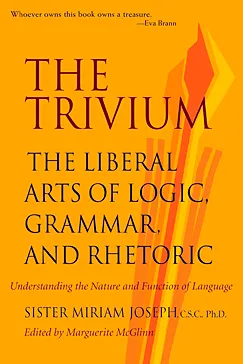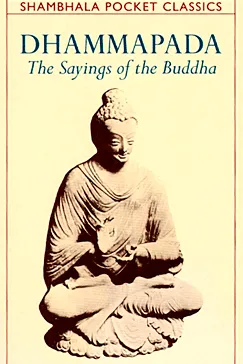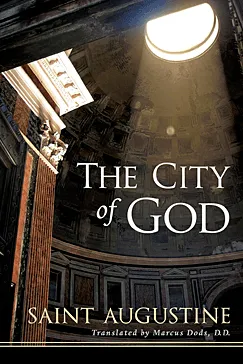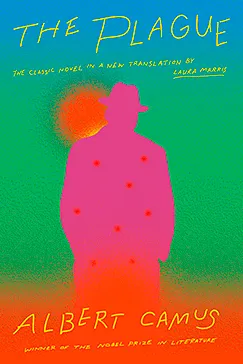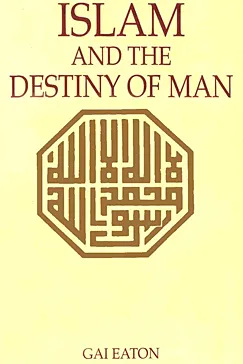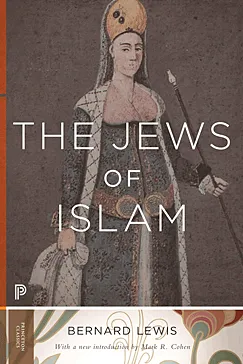Shaykh Hamza Yusuf is an American Islamic scholar and co-founder of Zaytuna College in Berkeley, California—the first accredited Muslim liberal arts college in the United States. He has indeed contributed very positively to the dialogue of Islam within the precincts of the Western world.
20 books on the list
Animal Farm
Recommended by: Hamza Yusuf
A satirical allegorical novella of totalitarianism, it is the story of an animal farm where animals start a rebellion against the farm owner to institute their own principles of equality, freedom, and happiness only to find themselves oppressed under an even more iron-fisted rule than before.
The Catcher in the Rye
A raw and poignant story that a teenager tells with all the challenges in it: the coming-of-age, rebellion, a search for who he really is. This young life set against the epic backdrops of New York City chronicles a path through the complications of youth: alienation and the man quest for connection, a timeless quest of growing up and finding meaning in an often incomprehensible world.
Fahrenheit 451
Recommended by: Hamza Yusuf
The novel is a work of dystopian fiction dealing with issues of censorship, mass media and their influence on the society, freedom of thought as opposed to government repression, and control. The books are not just banned as a concept disintegrated to society and an avalanche of malaise but even more so as they are simply no longer needed.
Meditations
Imagine you are to choose a book that is just ideal for reading right now, one that delves into the personal struggles and life’s philosophical ponderings of a Roman Emperor. This book gives one deep knowledge of Stoicism focused on self-discipline, personal ethics, and inner peace. The author questions, through a series of personal reflections, the nature of human existence that must be lived in consonance with reason and virtue. A map for resilience and serenity in an increasingly mad world, it’s an invitation to the readers to focus on what they can control and let go of the rest.
The Chronicles of Narnia
Recommended by: Hamza Yusuf
The cupboard will open the door to a different world: magic, in which children bravely and with wisdom confront evil. These are the adventures set in the mythical Narnia—talking animals, noble quests, battles between good and evil. In their reign themes like bravery, loyalty, the power of faith capture the imagination of generation after generation in an ageless struggle for justice and the magic of belief.
The Art of War
The text is basically about some principles which never go out of date in any conflicts and competitions. It is about a balanced importance given to planning, flexibility, and understanding of your own strengths and weaknesses as well as those of your opponent. He has outlined the principles for application not only in warfare but also in personal and professional challenges. Teach adaptability, the art of deception, apart from instilling the importance of speed and preparedness in the brief chapters. A classic guide, it provides insights into achieving victory with minimal conflict.
Moby Dick
It is the story of a man – one man, Captain Ahab – his fanatical, fateful quest for the great white whale, Moby Dick, who once maimed him. It is a first-person narrative, a sailor on the ship, Pequod; hence, Ishmael. During their voyage, while sailing on the waters, the crew sees many adversities in pondering over humanity, nature, and the chase for revenge. Ahab ruthlessly stalks a dramatic confrontation with Moby Dick, intending to reveal the devastating power of obsession. This is a classical novel in terms of its contents, dealing with the themes of fate and free will, whose main characters can indeed be said to reflect ideas both about these and about the meaning of being human.
The Republic
In this book of philosophy, the writer dwells on the idea of justice and an ideal state. He does that through a set of dialogues on what the society is, what the philosopher-king does, and how a republic, in an ideal setting, should be crafted. The work also introduces the notion of reality, which includes the theory of the Forms and the famous allegory of the cave. It shakes the readers on the reflection of the core truth, governance, and the way the soul gets enlightened. This timeless piece encourages deep thought on how societies should be organized and governed for the greater good.
Dante's Inferno
Recommended by: Hamza Yusuf
Dante contemplates the torment for mortal sin of Hell in this life journey, with divine lessons of morality, justice, and redemption. This travels to the underworld where he meets some profound questions about virtue, consequence, and seeking divine forgiveness.
War and Peace
Recommended by: Hamza Yusuf
This epic novel against the backdrop of the Napoleonic wars intertwines the destinies of high-born aristocrats and wealthy netted gentry with the fate of humbler citizens, who are both subject to divine Tsarist backwardness and reveal a unique soul of their own. The masterpiece is acclaimed for its historical depth, philosophical discussion, and intricated portrayal of early 19th-century Russian society.
Crime and Punishment
A novel taking place in the stark and tumultuous background of 19th century Russia. It is the account of one young man's descent into despair and his subsequent redemption by his own hand. Tormented by his own moral dilemmas, he commits a crime that spirals into a deep examination of guilt, punishment, and the struggle for forgiveness. It's a deeper penetration into the human psyche in terms of justice, conscience, and possibility of atonement.
War Is a Force that Gives Us Meaning
Recommended by: Hamza Yusuf
Both its allure and destructiveness to war are critical aspects applied through personal and historical perspectives, which question the romanticism of this conflict. In conclusion, this critical issue explores the psychological and cultural underpinnings applied by war, thus providing a power commentary on its impact on society.
The Trivium
Recommended by: Hamza Yusuf
This is one of those works which, by discussing the role of grammar, logic and rhetoric in general education and critical thinking in particular, argue for their revival to cultivate speaking as well as writing skills. The work itself demonstrates the value attached to such disciplines in relation to the ability to reason and to provide clear argumentation.
Dhammapada
Recommended by: Hamza Yusuf
Those guidelines from wisdom down the path to enlightenment are on desire, mindfulness, and liberation. This ancient text is a guideline on how to live a virtuous life, focused on compassion, inner peace, and ways of treading along with spiritual awakening.
The City of God
Recommended by: Hamza Yusuf
A great work that treated the fall of Rome and made an argument for Christianity being a providential molding influence on human history. At variance with the city impelled by self-love, the earthly city whose root is love of God's heavenly city, held by many as an attempt at a counter-position. In so doing, it examines the human condition, nature of God, and way to true peace; a paper giving depth reflection in faith, philosophy, and ultimate purpose of human society.
The Plague
Recommended by: Hamza Yusuf, PewDiePie
Human solidarity and resilience are tested in the face of plague and death, in this ageless reflection on suffering and the human spirit. His story proved that being separated from the outside world meant to struggle with bad feeling putting a shadow on good memories or pleasant relationships other sun-kissed creatures might know.
Islam
Recommended by: Hamza Yusuf
The exposition sets ground on the birth of Islam, beliefs, and contribution to civilization, helping better comprehend and regard this giant world religion. This script speaks of the rich cultural heritage of Islam and the influence it has laid on history and society.
The Jews of Islam
Recommended by: Hamza Yusuf
It critically examines social, political, and economic factors that influenced their relationship by exploring the historical evolutions of Muslim-Jewish relationship in the Islamic world. Historical periods of tolerance, as well as conflict, which underscore a deep perception of interweavings connected with religious and cultural coexistence, are observed. This history puts the powerful legacy of the present moment into nuanced context.
